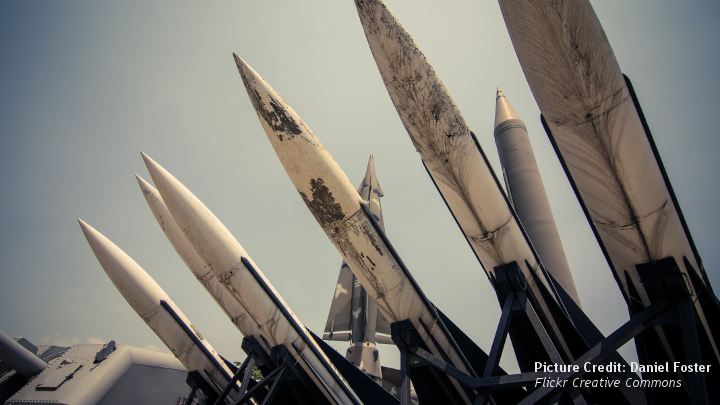Nuclear Security Cooperation in Northeast Asia: Implications from EURATOM

Sangsoo Lee and Bernadetta Ginting
Northeast Asia is currently facing several nuclear issues, such as the nuclear crisis on the Korean Peninsula and a potential arms race between the countries in the region. These issues have led to the discussion of an institutionalized regional framework that could help in finding a solution to common problems in the region. Regional nuclear cooperation might be difficult to be realized with the high tension and distrust among the countries, but as was proven in Europe, such cooperation could contribute to confidence- and trust-building. This paper explores the history of EURATOM and identifies learning points that could be used for similar cooperation in Northeast Asia. Research and development, activities related to nuclear safety and regional safeguard measures are areas that could be applied based on the EURATOM experience. The U.S. would play a large role, as was proven in Europe and is predicted to be in Northeast Asia, making it a challenge for the realization of the cooperation. However, regional nuclear cooperation in Northeast Asia is not impossible through small steps that would build up trust and confidence.
Related Publications
-
ISDP Annual Report 2023
ISDP’s Annual Report for the year 2023. We look back on 2023, a year in which tensions and conflicts captured the strategic space in ISDP’s focus areas, making headlines around […]
-
The US and EU, and the Emerging Supply Chain Network: Politics, Prospects, and Allies
The Global Supply Chains have evolved from simply logistical achievements to being the bedrock of the global economy. Driven by technological advances and geopolitical shifts, this transformation underscores the critical […]
-
Navigating the Indo-Pacific: How Australia and the EU Can Partner for Peace, Stability, and Prosperity
To navigate the choppy waters of the Indo-Pacific, the EU and Australia must be on the same wavelength regarding shared interests in rules, values, and an open and liberal economic […]
-
Japan’s Energy Security in the Persian Gulf: Caught Between New and Old Challenges
The goal of this paper is to investigate the evolution of Japan’s energy strategy in the Persian Gulf and understand how intra-Asian competition for business opportunities in the region can […]
-
Hegemony at a Crossroads: The Inverse Dynamics of China’s Global Strategy
Here is my bold statement. Hard power projection decimates soft power but only for authoritarian states. In the early 21st century, I was living in Beijing and at that time […]




